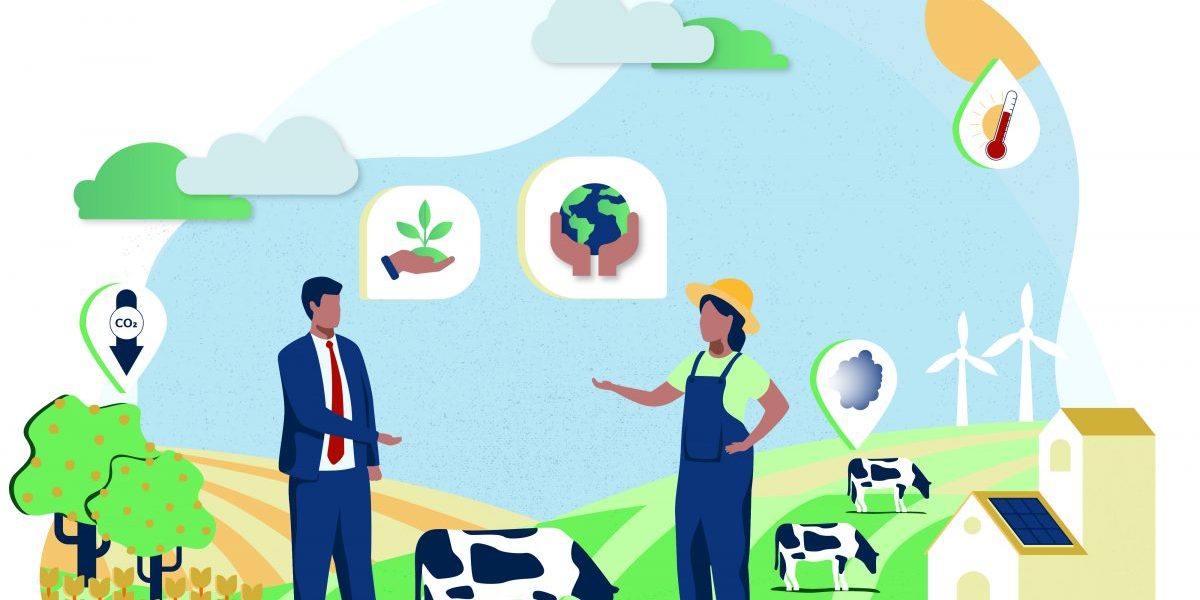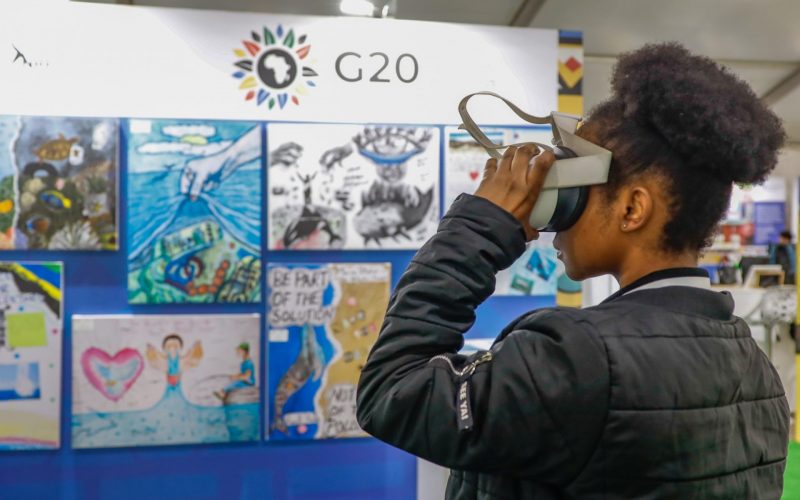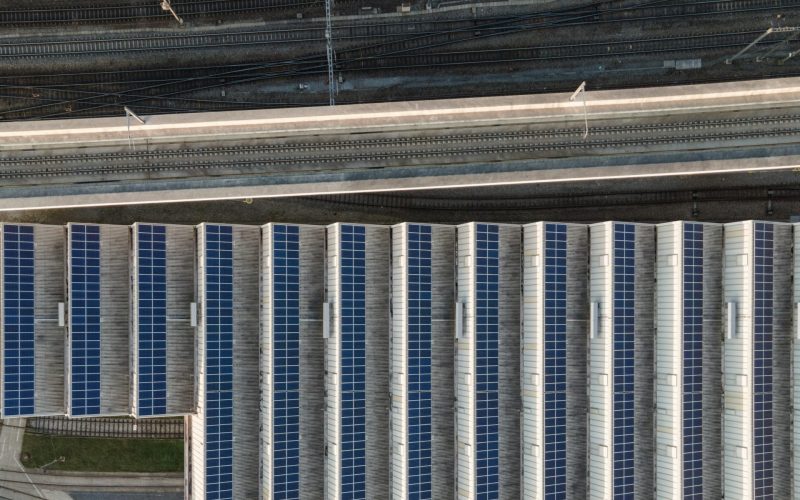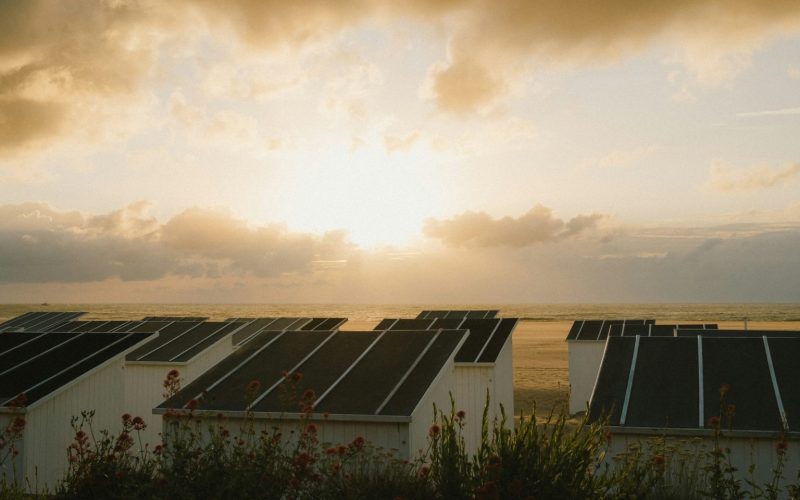Summary:
- The goals of the Paris Agreement on climate change cannot be met without transformative changes in the agricultural sector.
- Although most recent Nationally Determined Contributions (NDCs) mention agriculture in some way, the current round of NDC updates is an opportunity to strengthen the mitigation and adaptation contributions of the agricultural sector. It is also a chance to be more explicit about the actions and investments each country intends to make, what it will take to achieve those changes, and what support is needed.
- The needs, vulnerabilities, rights and agency of farmers can be included in the NDC revision process, and governance and coordination mechanisms can be adopted to ensure their integration into the entire policy lifecycle.
- Farmers should become more involved in climate policy development, implementation and monitoring through national multi-stakeholder dialogues and negotiating teams, parliamentary portfolio committees, climate alliances and advocacy networks. They should also build relationships with key officials in government.
- NDCs must make explicit reference to farmers and agricultural institutions as active and valuable stakeholders in the process. They should also be clear about the enabling and risk support needed to successful implement agricultural commitments – defining responsibilities, addressing skills deficits and allocating budgets to support farmers specifically.
- Revised NDCs should integrate gender and youth considerations specific to agriculture, and engage with issues such as a just transition, social equality and food security.








